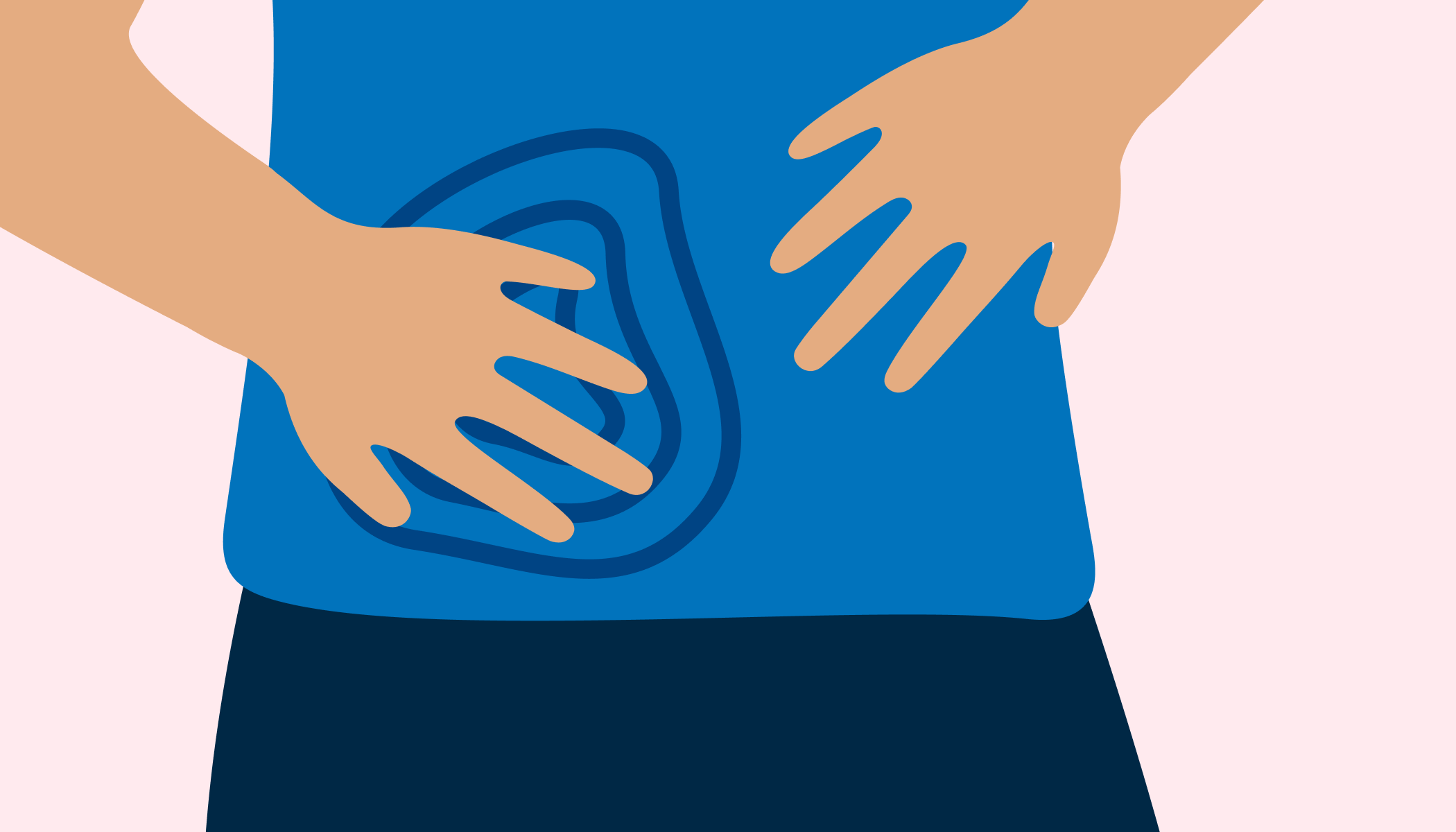Although hay fever may be nothing more than a few sniffles for some kids, it can be really challenging for others. Research has shown that hay fever symptoms can put a real burden on children’s mental health and wellbeing.
Having hay fever can make it hard to play outdoors, go to school, and even sleep. Most of the time, symptoms can be controlled with the right medicine, but it helps to have a few management strategies up your sleeve too.
How common is hay fever in children?
Hay fever in children under the age of three is rare, but from that age and up, hay fever becomes more common. At least 1 in 10 children experience hay fever at some point. Many people find that their hay fever settles down as they get older – this may be due to changes in our immune response as we age.
How can I help my child cope with hay fever?
Here are a few tips to make hay fever season easier for your youngster.
Make taking medicine fun
Antihistamine medication is a key part of managing your child’s hay fever. But giving young children medication isn’t always easy. It’s natural for some kids to refuse things like eye drops and syringes, even after you’ve explained they’ll help.
Sometimes it helps if a teddy bear goes first. Pretend one of your child’s favourite teddies has hay fever too and ‘give them’ some medicine. A little game of make believe can help ease any fear or anxiety. You can also try letting your child play with a clean, empty version of their medication so they can treat teddy too.
Bring the outdoors indoors
When the pollen count spikes, taking playtime indoors is smart. But if your child is really keen on playing outside, they may feel like they’re missing out.
Try bringing some outdoor activities inside. You can go ‘camping’ by draping a sheet over the kitchen table to build a tent. Or start an indoor garden and grow some (low pollen) plants, like rosemary. A small indoor trampoline can also be a great way to get kids active inside.
Rinse away the pollen
Pollen is made up of tiny particles that float in the air and stick easily to clothes. So during pollen season, give bath time extra priority.
Have your child wash their hands, face and hair straight away after they’ve spent time outdoors. When pollen count is high, like on hot or windy days, make sure your child has a thorough bath or shower so they’re squeaky clean. Eye drops can also help rinse away any pollen trapped in the eyes.
Ask a doctor for advice
Hay fever medicine comes in lots of different forms. If you’ve tried a few kinds and your child still has symptoms, it may be a good idea to speak to a professional.
Sometimes it helps to switch medicines or combine several of them. A Livi GP can give you advice on medication and how best to take the medicine.
Also, remember that children with pollen allergies have a greater risk of developing asthma than those without. Contact a doctor if your child makes wheezing sounds when breathing, is wheezing or has a cough that varies over time and in intensity.
If your child has bad hay fever, you can also ask a doctor for a doctor's certificate to give to their school.
More tips and tricks for managing children with hay fever
Here are a few more tactics to keep in mind during hay fever season:
- Vacuum at least once a week – don’t forget bedding, mattresses, and bed bases
- If you’ve got removable carpets in your home, put them away during pollen season
- Dry your laundry indoors
- Shut car windows when you’re driving through pollen heavy areas like parks
- If you’re going on holiday, consider areas with low pollen like the mountains, coast, or cities
With the right management, hay fever doesn’t have to take over your child’s spring and summer. If you’ve got any questions about helping control your child’s symptoms, speak to a GP for advice.
This article has been medically reviewed by Dr Bryony Henderson, Lead GP at Livi.



